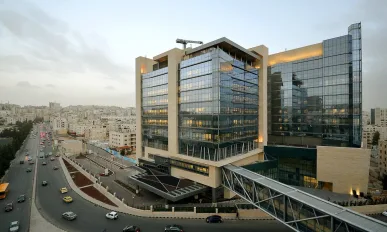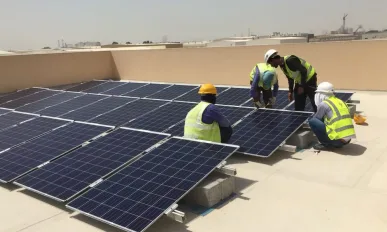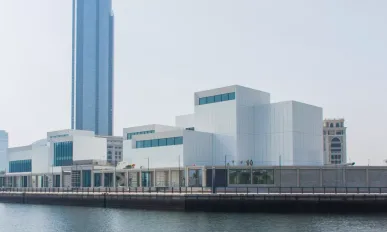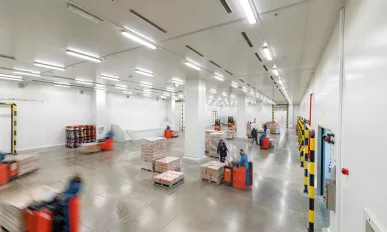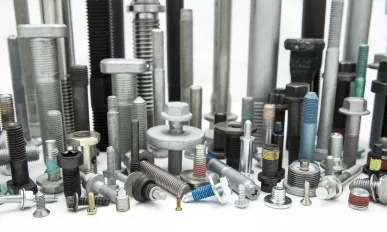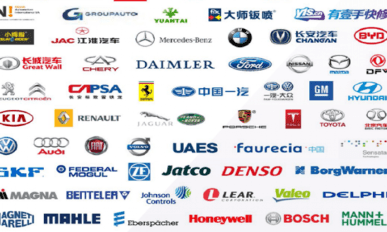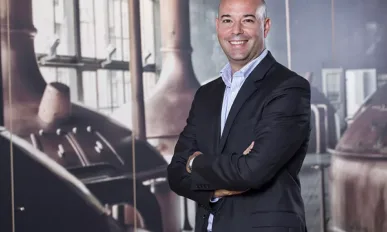Issue 27
Aafiya TPA : In Good Health
Aafiya TPA has carved a niche as a first-rate integrated service provider for healthcare management, designed to facilitate high quality provision of health insurance services across the UAE and wider region.
King Hussein Cancer Center : The Go-To for Cancer Care
Jordan’s King Hussein Cancer Center recently doubled its capacity to provide leading-edge treatment to one of the world’s most deadly diseases.
Scan Electromechanical : Leading the Charge
Catering to a range of market segments, Scan Electromechanical has become renowned as one of the region’s leading facilitators of power and energy
DP Façade : Design’s Global Superpower
Director Mathieu Meur explains how Singapore’s DP Façade is able to draw on the expertise of nine other business units spread across multiple architectural-related disciplines and territories.
Quality Architectural Systems : Powering Projects
Thanks to its comprehensive expertise built up across numerous architectural disciplines, Quality Architectural Systems is able to cater to bespoke client needs and continues to produce spectacular results.
Dumagas : The Transport Transformer
Having successfully restructured its entire business model, Dumagas now stands proud as a transportation services leader in Romania.
Etmam Logistics : A Gap in the Market
Formed in 2016, Etmam Logistics is the long-standing Shahini Group’s latest venture that seeks to provide first-class 3PL services across Saudi Arabia.
Auto Fasteners : Life in the Fastener Lane
Starting out as just an idea and a laptop in 2007, Scott Simpson has grown Auto Fasteners into a professionally established supplier for OEMs around the world.
Baur Formschaumtechnik s.r.o
Having doubled its production capacity in just two years, Baur Formschaumtechnik s.r.o is looking to maintain its rapid rise through major investments and continual expansion.
MENA Vehicle Aftersales Congress 2019
Organised by Borscon Group, the 2019 MENA Vehicle Aftersales Congress is set to be held on March 27-28 in Dubai.
Mahou San Miguel : For the Love of Beer
Erik d'Auchamp, Managing Director, International Business Unit of Mahou San Miguel, talks to us about his passion for the industry and evolving ideas.
SIAL Middle East Returns With Record Breaking Results
For its 2018 edition, SIAL Middle East is gearing towards 1,000+ exhibitors, 20,000+ visitors and up to 500 fully hosted VIP buyers.
BBC : Talking Technology
We take a deep dive into the changing opportunities of tech with Cyrus Saihan, the Head of Digital Partnerships at the BBC.
DNV GL : The Future of Smart Energy
Prajeev Rasiah, Executive Vice President & Regional Manager of DNV GL, talks to us about the importance of prioritising sustainable solutions to the company.




